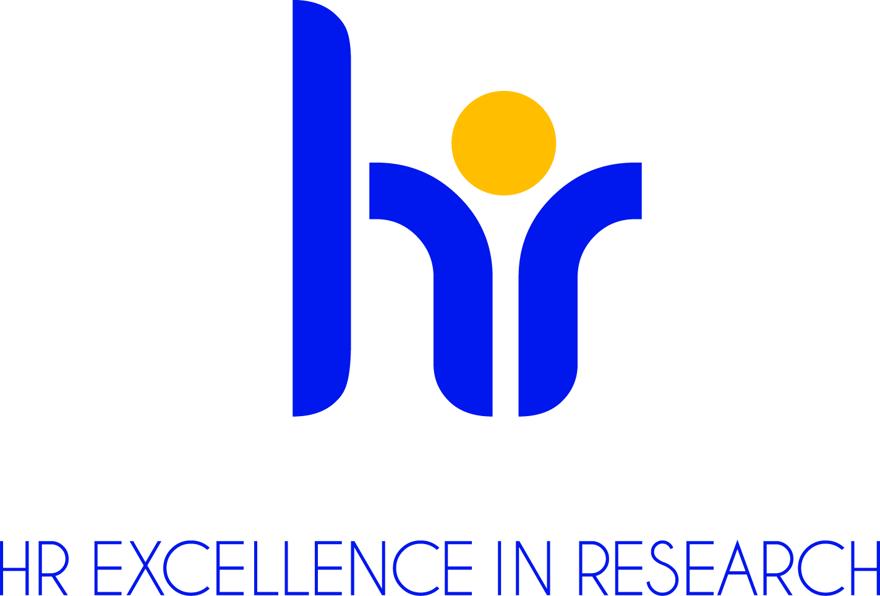Researcher Development Concordat
The University is fully committed to meeting the principles of the Concordat to support the Career Development of Researchers and thus to supporting its researchers at all stages of their careers. This Concordat is an agreement between stakeholders to improve the employment and support for researchers and researcher careers in higher education in the UK. It sets out three clear principles of environment and culture, employment, and professional and career development. The principles are underpinned by obligations for the four key stakeholder groups, funders, institutions, researchers, and managers of researchers, to realise the aims of the concordat. The secretariat responsibility for the concordat is held by Universities UK. Further details and resources to support implementation can be found on the Research Development Concordat webpages.
The University’s commitment to the Concordat is reflected in two ways:
- Through our formal institutional commitment to the Concordat
- Through our HR Excellence in Research (HREIR) Award
Institutional Commitment
The University made its formal commitment to the Concordat on 7th February 2023. In so doing, the University has committed to: conduct a gap analysis; produce an action plan to identify the steps to meet the concordat’s obligations; publish an action plan publicly within a year of signing the concordat; and produce an annual report in each subsequent year to report on progress implementing their action plan.
Annual Report for the Concordat to Support the Career Development of Researchers

HR Excellence in Research
In June 2016, the University of Worcester was awarded the European Commission's HR Excellence in Research Award. The award recognises our progress towards providing a high-quality research environment for research staff and postgraduate researchers at the University. In order to gain the award, we engaged in an analysis of our practice against the principles set out in the Concordat to support the Career Development of Researchers and developed an action plan to address gaps that emerged in this analysis.
As part of the required review process for the Award, at the 2-year stage, the University completed a self-assessment of its original action plan (2016-18), wrote an overarching progress report, and produced a new action plan that built on and extended the initial one (2018-20):
The award was renewed in June 2018.
Subsequently, at the 4-year stage, the University was subject to external review of its 2018-20 action plan and a new action plan for 2021-23 based on an updated Researcher Development Concordat:
The award was renewed in April 2022.
The University has now completed the documentation for its 6-year review as follows: